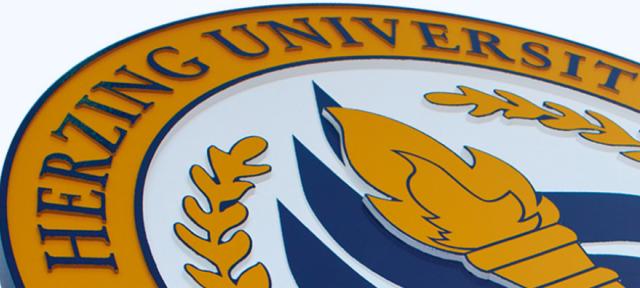What is the job outlook for BSN-prepared registered nurses?
BSN-prepared nurses are most desirable in the job market for registered nurses. Registered nurse positions are expected to grow 7 percent through 2029, adding more than 200,000 new jobs.
Additionally, as more new nurses join the workforce, healthcare organizations must rely on skilled and experienced nursing leaders to guide them in achieving the highest quality of care. For many BSN nurses, this opens up the opportunity to move into leadership positions or specialized roles, including becoming a pediatric nurse, traveling nurse, surgical/perioperative nurse, oncology nurse or advance to a master’s degree program to grow into higher paying specialties.

